What does “Probate” mean?- The Georgia Probate Process
By: Brittany E. Bennett, Esq.
What is Probate?
The term “Probate” refers to the court procedure by which a Will is proved to be the valid last Will of a decedent (the person who has passed); also used generically to refer to the legal process of administering a decedent’s estate.
Although Probate refers to the court procedure, the procedure itself has several different paths that a person may follow. The correct path depends on the circumstances. For example, there may be a Will, there may be a Will that was lost, or there may be no Will at all. While each of these examples requires the Probate process, there are different petitions or initial filings that will need to be selected by the person filing (known as the “Petitioner”). The Petitioner is usually the executor (person named in the Will to handle the estate) but can be someone else such as a beneficiary (someone named in the Will or someone who would be considered a beneficiary under the law). The Petitioner must select the right filing or petition to file with the Probate Court.
Common Form or Solemn Form?
The most common forms are “Solemn Form” and “Common Form” Solemn Form requires notice to all heirs and becomes binding upon all parties immediately upon entry of the final order. “Heirs” are those persons who would inherit the estate if there were no lawful Will; heirs may or may not be beneficiaries under the Will. The notice requires anyone having a legal cause to object to or contest the alleged Will to file the objection or contest before a certain deadline. The original Will must be filed with the petition, and proof of the proper execution of the will must be provided by either a self-proving affidavit, Interrogatories or Proof of Witness. All heirs must be duly served or must acknowledge service. The Court will appoint a guardian-ad-litem for each minor or incapacitated heir.
Common Form may be done without notice to heirs but does not become binding for four years after the appointment of the Executor. The requirements of providing the original Will and proof of proper execution are the same as with the Solemn Form Probate. Heirs and others may file an objection or contest at any time up to four years after common form probate.
Letters Testamentary
One of the BIGGEST reasons you may need to file a Petition to Probate a Will is to obtain Letters Testamentary. This is the official document issued by the Probate Court evidencing the authority of an executor or an administrator. This will be the document that you must show the bank and other entities that you are the Executor and have legal authority to access the decedent’s bank accounts or other property, such as a safety deposit box, and grants you the legal authority to disburse property in accordance with the Will. This can only be obtained after the probate process has begun.
Although the Houston County Probate Court (and all other counties in Georgia) provide statutory forms to follow for filing, the forms can be tricky and difficult to understand. It is best to seek legal advice from an experienced Probate attorney when you are seeking Letters Testamentary or have a Will that must be probated.
The post What does “Probate” mean?- The Georgia Probate Process appeared first on Bennett Law and Mediation Services LLC.
Phone
Fax
Bennett Law and Mediation Services LLC








